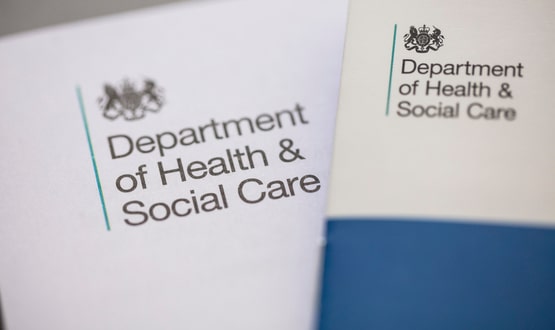GP contract to continue IT DES payments
- 8 April 2008
GP practices will be able to continue to claim for work done under the IM&T directed enhanced service (DES) for another 12 months, as part of the GP contract settlement for 2008/9.
The agreement to extend the DES until the end of March 2009 means practices already registered to take part in the scheme will be able to claim payments if they meet its requirements but no new practices will be able to register for the DES.
Dr Gillian Braunold, Connecting for Health’s (CfH) clinical director for the Summary Care Record, told EHI Primary Care that 57% of practices had registered to take part in the scheme. By the beginning of this week 43% of practices had completed component one which pays 40p per patient to practices that agree a practice plan with their PCT for complying with the National Programme for IT.
So far 5% of practices have completed component two which offers 44p per patient to practices achieving data accreditation in preparation for uploading summary records to the spine.
Dr Braunold said: “I hope very much that many more practices will now achieve accreditation now the money is still there to support data quality work. Certainly the intention I am hearing from around the country is that people want to continue with it.”
Dr Braunold said the data accreditation component was intended to improve the quality of records, essential both for the SCR and GP2GP record transfer.
She added: “The Quality and Outcomes Framework has done an awful lot of good for data quality but some people have been focused on QoF areas and this will help them to broaden that out and look at other general areas to make sure their data is meaningful and they are coding appropriately.”
Concern has been raised that PCTs have not provided faciliators from the data quality organisation PRIMIS+ to support practices. Dr Braunold said: “There is never going to be enough facilitators but we need to move to looking at online environments for learning so that we can be as effective as we can. There has been criticism of our e-audit online but we tried to find objective measures that were agreed with lots of clinical stakeholders. We are not expecting 100% on these items.”
Dr Braunold said the BMA’s General Practitioner Committee and CfH had argued for the continuation of the DES in preference to its replacement by local enhanced service agreements which would mean the work was not subject to a national directive.
The third component, worth 27p per patient, is paid to practices who regularly validate patients’ addresses and comply with release one of the Electronic Prescription Service. Component four, worth 22p per patient, can be claimed by practices using a CfH accredited hosted solution.
Dr Braunold added: “It’s much better to have a DES and it also means conponent four is still there which will keep the pressure on suppliers to meet CfH standards for hosted systems.”
So far only INPS’s Vision 3 supplied through BT, the local service provider in London, has met CfH’s hosting standards.




